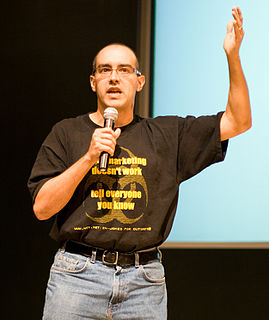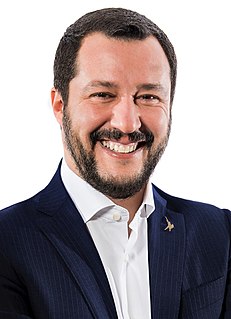A Quote by Dave McClure
Europe is kind of fragmented. Africa is nascent; we've made a few investments, including four in Egypt. I visit 50-60 cities and 20-25 countries a year. The intent is to be a global fund, which takes time and prioritization.
Related Quotes
If we are going to talk about the most recent of the "Indignados" movements in several countries of the world, including Europe, those are social movements but eventually they will evolve into political movements. This will happen because the traditional bourgeois parties have lost credibility after being the main political influence in most countries of Latin-America and Europe in the last 50 or 60 years.
The only thing to be said for air travel is speed. It makes possible travel on a scale unimaginable before our present age. Between the ages of 20 and four-score I visited every country in Europe, all save two in Latin America, ditto in Africa, and most of Asia, not counting eight trips to Australia and 60 to the United States - all by air.
I spent my youth and my most formative years in Africa. I left Africa when I was about 20, 21, and when Mo says a great African, I was really moulded by my African experience, although I had the good fortune that by the time I was 24 I had studied and worked on three continents - Africa, the US, and Europe.
As the population is, in general, aging, there is more interest in what a 50-year-old, a 60-year-old, a 70-year-old, an 80-year-old is like. And one of the things that just naturally started to happen as I got older - and I could feel younger people looking up to me in a certain way and wanting to know things that I knew - I got interested in the women, in particular, who were 20 years older than me. Because I understand in a way that I didn't 20, 30 years ago, how much they know.
Industrialized countries have disproportionately more cancers than countries with little or no industry (after adjusting for age and population size). One half of all the world's cancers occur in people living in industrialized countries, even though we are only one-fifth of the world's population. Closely tracking industrialization are breast cancer rates, which are highest in North America and northern Europe, intermediate in southern Europe and Latin America, and lowest in Asia and Africa.


































